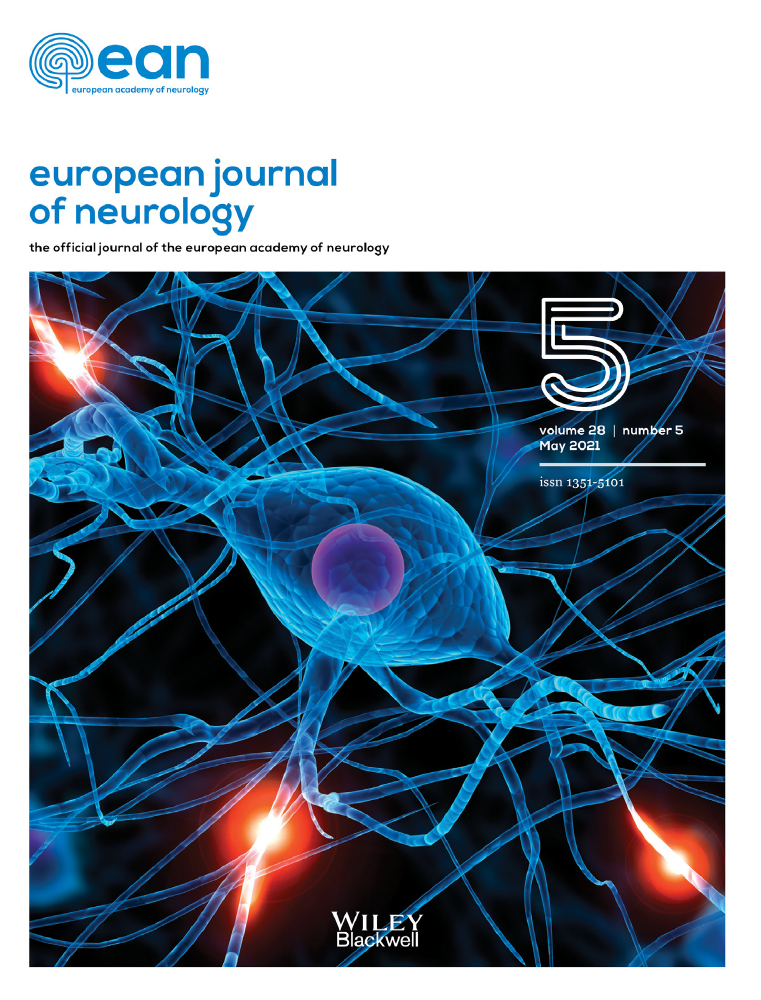Association between sleep disturbance with motoric cognitive risk syndrome in Chinese older adults
W. Zeng and L. Zhang contributed to this work equally and should be regarded as co–first authors.
Funding information
The original study was supported by the Zhejiang Provincial Public Service and Application Research Foundation, China (LGF20H250001), Ningbo Health Branding Subject Fund (PPXK2018-01), Zhejiang province medical science and technology project (2020KY846) and Ningbo Huamei Research Fund (2019HMKY58). The funders had no role in study design, data collection and analysis, decision to publish, or preparation of the manuscript.
Abstract
Background and purpose
Sleep disturbance and cognitive impairment are common and related in the elderly population worldwide. The aim of the present study was to explore the association between sleep disturbance and motoric cognitive risk (MCR) syndrome, which is characterized by subjective cognitive complaints and objective slow gait in older individuals without dementia or any mobility disability in the community-dwelling elderly Chinese population.
Methods
We recruited 940 participants aged ≥65 years from November 2016 to March 2017 in the Ningbo Community Study on Aging (NCSA). Self-reported sleep duration and sleep-quality variables, comprehensive geriatric evaluation, as well as indicators for diagnosing MCR syndrome were evaluated in this cross-sectional study.
Results
Multiple logistic regression analysis showed that a 1-SD increase in night (1.1 h) and 24-h sleep duration (1.3 h) was associated, respectively, with a 21% (95% confidence interval [CI], 1%–47%; p = 0.04) and 30% (95% CI, 3%–64%; p = 0.03) higher odds of having MCR syndrome. Considering sleep duration as a categorical variable, longer night-sleep duration (>8.5 h) was associated with MCR syndrome (OR, 2.03; p = 0.02) compared to shorter night-sleep duration (<8 h). For sleep-quality factors, increasing frequency of trouble falling asleep, waking early or easily, nightmares, and taking sleep drugs were significantly associated with MCR syndrome after adjusting for potential covariables (all p for trend < 0.05), but not for self-perceived sleep quality (p for trend = 0.10).
Conclusions
Long sleep duration, poor sleep quality, and taking sleep drugs were associated with higher odds of having MCR syndrome in the community-dwelling elderly Chinese population. Further research is needed to explore the underlying mechanisms.
CONFLICT OF INTEREST
None of the authors declares a conflict of interest.
DISCLOSURES
Weifang Zeng, Lu Zhang, Beili Feng, Hengdong Li, Dongjuan Wang, Zaixing Zheng, Yuelin Zhang, Longfu Jiang, and Honghua Ye report no disclosures relevant to the manuscript.
Open Research
DATA AVAILABILITY STATEMENT
The data that support the findings of this study are available from the corresponding author upon reasonable request.




